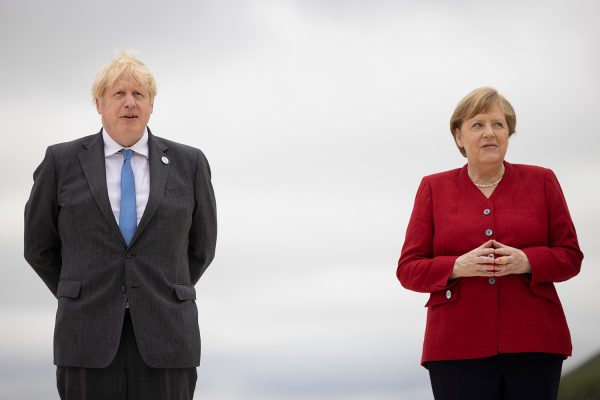
British Conservatives woke up Friday morning to the news that a once-safe seat in Parliament was no longer blue.
Liberal Democrat Sarah Green overturned a majority of 16,000 in Chesham and Amersham, bordering the London Green Belt, with a remarkable 25-point swing away from the Conservatives. It is one of the largest swings away from the ruling party since the early 1990s, when Tony Blair launched New Labour.
Extrapolating from a by-election is risky. Britain has had many by-elections which were heralded as the dawning of a new political era that never arrived. But a center-right party losing the suburbs after lurching to the populist right sounds like a familiar story.
National factors
More national factors are at play:
- Traditional Conservative voters feel ignored by their party. There is a sense Conservatives are abandoning their heartlands in rural and small-town England in favor of the postindustrial North, where the party has made inroads with former Labour voters.
- Conservatives’ embrace of Brexit under Boris Johnson hasn’t gone over well everywhere. Majorities in Chesham and Amersham voted to remain in the EU in the 2016 referendum. The Liberal Democrats are the most pro-European party.
- Green won thanks to tactical Labour voting. This could give another push to a tactical alliance between the Liberals and Labour elsewhere.
Realignment
The defeat in Chesham and Amersham will wipe away the last traces of celebration in the Conservative Party from their victory in Hartlepool in May, where a Labour candidate lost for the first time since the constituency was created in 1974.
The writing was on the wall at the time. In the same local elections, Conservative candidates either underperformed or lost across Southern England and the affluent regions of the Midlands. Places like Buckinghamshire, Cambridgeshire, Kent and Surrey were once synonymous with the Conservative Party. The Liberal Democrats have been working hard to pitch themselves there as a moderate centrist party that doesn’t pander to populism or dogma.
All this means there is no question any longer of a political shift occurring in the United Kingdom. Old certainties have been swept away. Safe seats no longer are.
There is another by-election, in Batley, in two weeks. This is Labour country. If the party loses the seat, it will be further evidence the UK is witnessing a political realignment.
